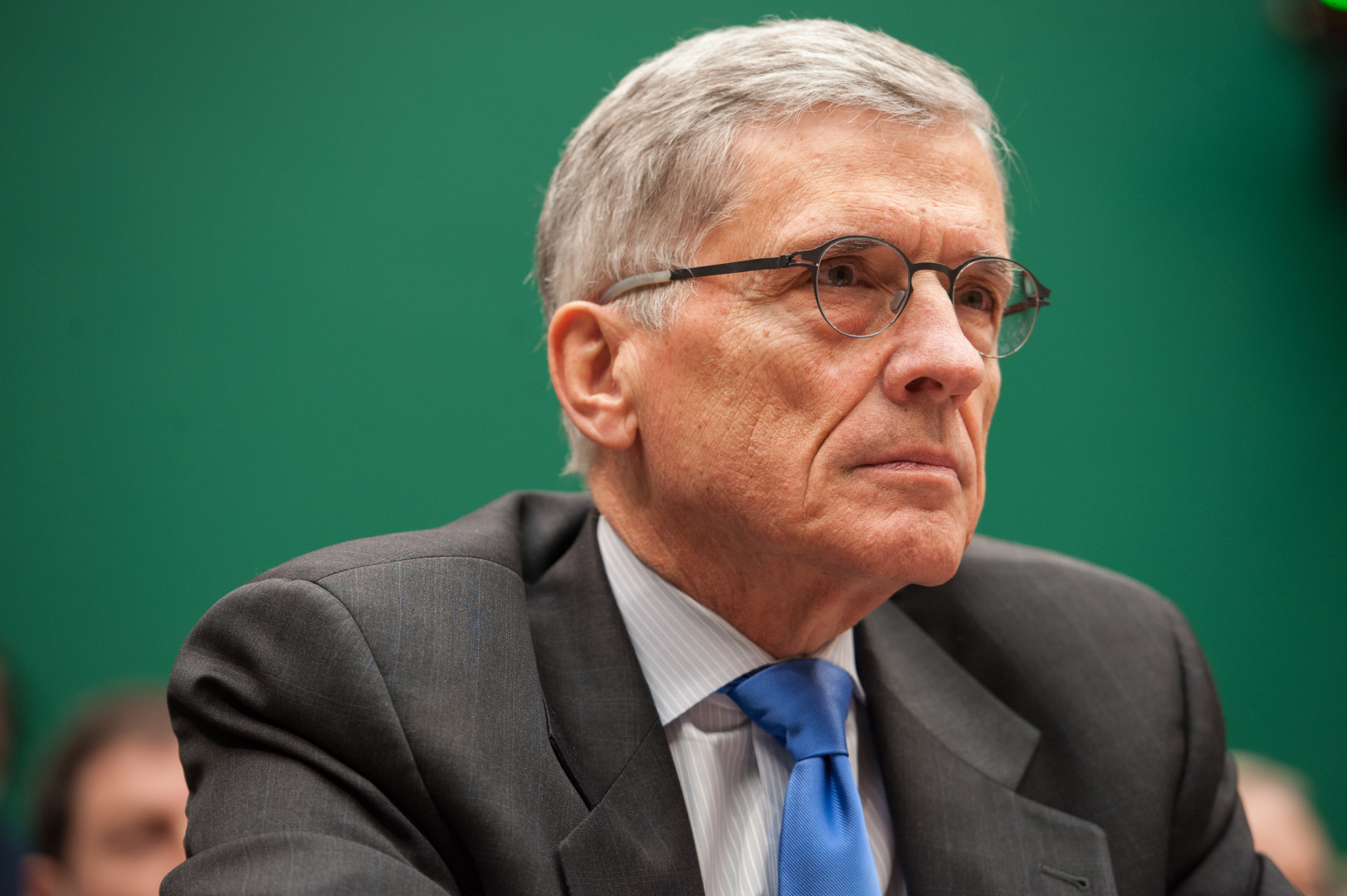The head of the Federal Communications Commission indicated Thursday that its final rule to open up the cable set-top box marketplace will likely include a host of suggestions from the cable industry.
“We are writing a report and order that will be presented to the commissioners,” FCC Chairman Tom Wheeler said in a press conference following an agency open meeting. He declined to elaborate on the timeline, but he said he many of the cable industry’s suggestions will end up in the final rules.
“The fact that the industry has come in, given us this information, engaged in meetings with us, has been really helpful,” Wheeler said. “I believe that many of their suggestions will be adopted.”
The cable industry has pushed back on the FCC’s proposal since it passed on a 3-2 party line vote in February. At the time, Wheeler argued that American consumers were forced into paying hefty fees (to the tune of $231 per year) to rent the outdated cable boxes just to access content.
Cable companies, along with Republicans on the FCC and on Capitol Hill, criticized the proposed rule for adding stipulations that could harm copyright laws, consumer privacy, minority programmers and cybersecurity. They also argued that the new rules imposed excessive regulation instead of letting the market ease out of cable set-top boxes on its own.
The cable companies put forward a one-page alternative proposal in June, and elaborated on it with more than 1,000 technical details submitted to the FCC in July. The National Cable and Telecommunications Association filed those comments in hopes of advancing an “apps-based approach that will advance the cause of retail device competition while respecting the rights of content creators and distributors.”
NCTA, which represents Comcast Corp. and Charter Communications, has been working with the commission to reach an agreement on the best way forward with final version of the set-top box rule.
Wheeler said the agency has been “particularly focused” on copyright and contract-licensing protection.
“There are a series of principles in that report and order. For instance, that the protection of copyright and contract enforcement of copyright must exist, and that principle is something you can take to the bank,” Wheeler said. He added that the new version of the rule will protect consumer privacy and network security.
The issue of copyright protection has plagued the FCC’s proposal from the beginning. Top members of Congress from both parties have raised questions about copyright protections in the agency’s proposed rule. House Judiciary Committee leaders Bob Goodlatte (R-Va.) and John Conyers (D-Mich.) have raised questions, as has a senior Senate Judiciary Committee Republican, Orrin Hatch of Utah.
The top Democrat on the House Energy and Commerce, Frank Pallone of New Jersey, urged commissioners to come to an agreement on rules with “adequate protections for content” in an oversight hearing of the FCC in July.
Even more recently, the U.S. Copyright Office said Wednesday the FCC’s proposal “could interfere with copyright owners’ rights to license their works as provided by copyright law, and restrict their ability to impose reasonable conditions on the use of those works through the private negotiations that are the hallmark of the vibrant and dynamic [multichannel video programming distributor] programming.”
The copyright office’s notice was a response a request from Reps. Marsha Blackburn (R-Tenn.), G.K. Butterfield (D-N.C.), Doug Collins (R-Ga.), and Ted Deutch (D-Fla.), who last month queried the office about intellectual property concerns.
“The Copyright Office’s written analysis makes clear that the FCC’s set-top proposal conflicts with established copyright law and policy, and would negatively impact content owners and consumers,” said Blackburn, a long opponent of the FCC’s set-top box proposal, in a Thursday statement.
Republican FCC Commissioner Ajit Pai said in a Thursday statement that the Copyright Office’s letter should be “the final nail in the coffin” for the agency’s set-top box proposal. “The Copyright Office explains in painstaking detail how the FCC’s scheme would unfairly infringe the rights of content creators and hamper their ability to invest in new programming,” he said.
John Bergmayer, senior staff attorney at Public Knowledge, said Wednesday the copyright office’s letter fails “to understand that many of the outcomes it posits as negative consequences of the FCC’s proposal already exist in the marketplace today, without harming either the interests of pay-TV providers or programmers.”
Public Knowledge, a consumer advocacy group, favors the FCC’s set-top box proposal.
Wheeler said Thursday that the proposal that passed in February was specifically designed to receive input from the Copyright Office, industry members and others on the positives and negatives. “We put language out in all [notice of proposed rulemakings] to focus attention and then we try to learn from that record that gets developed and be responsive,” Wheeler said.
The Copyright Office then wrote that the FCC’s proposal would deliver programming to “third parties who are not in privity with the copyright owners, but who may nevertheless exploit the content for profit.”
“We will not create a rule that forces that to happen,” Wheeler retorted.

